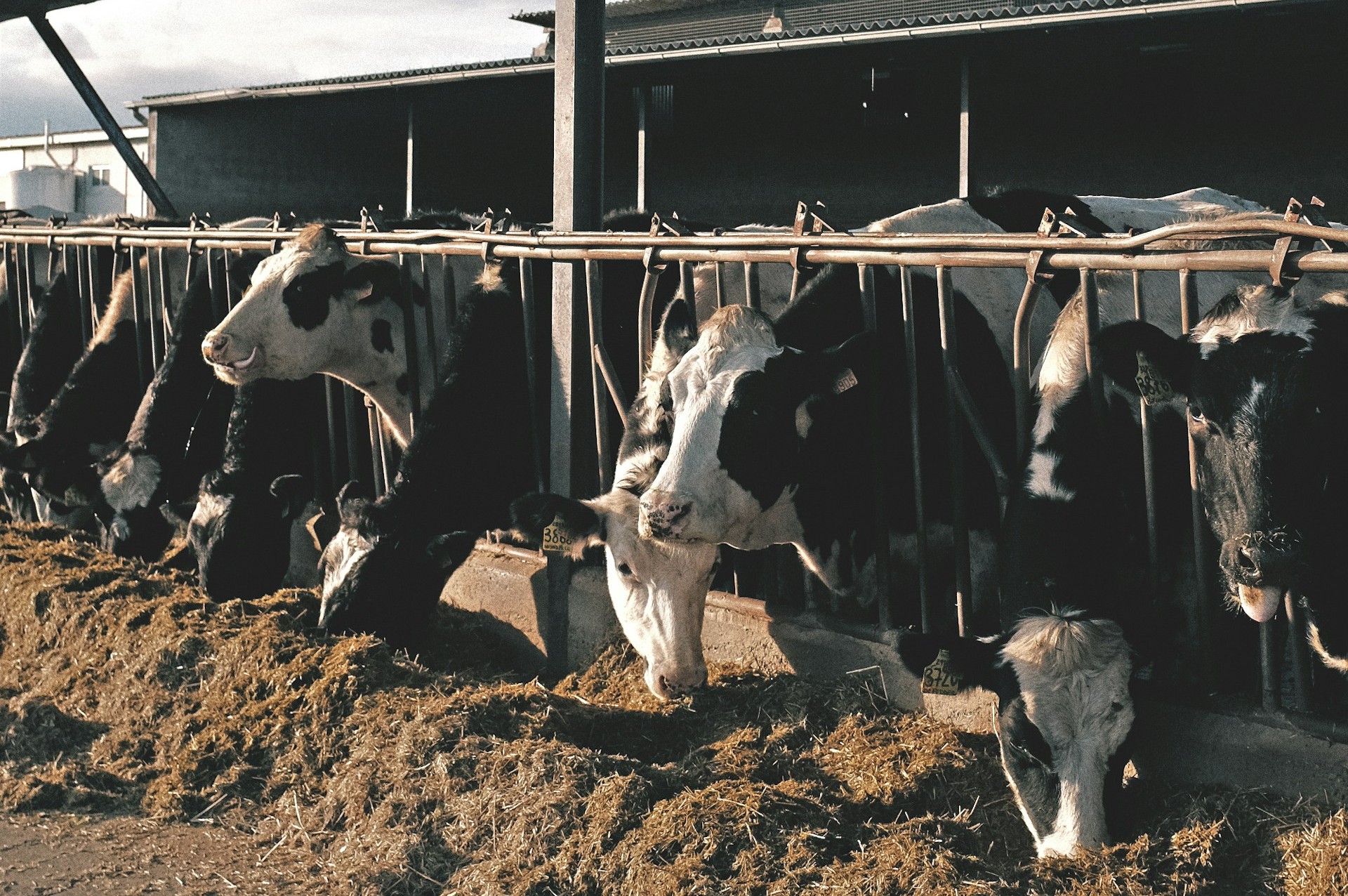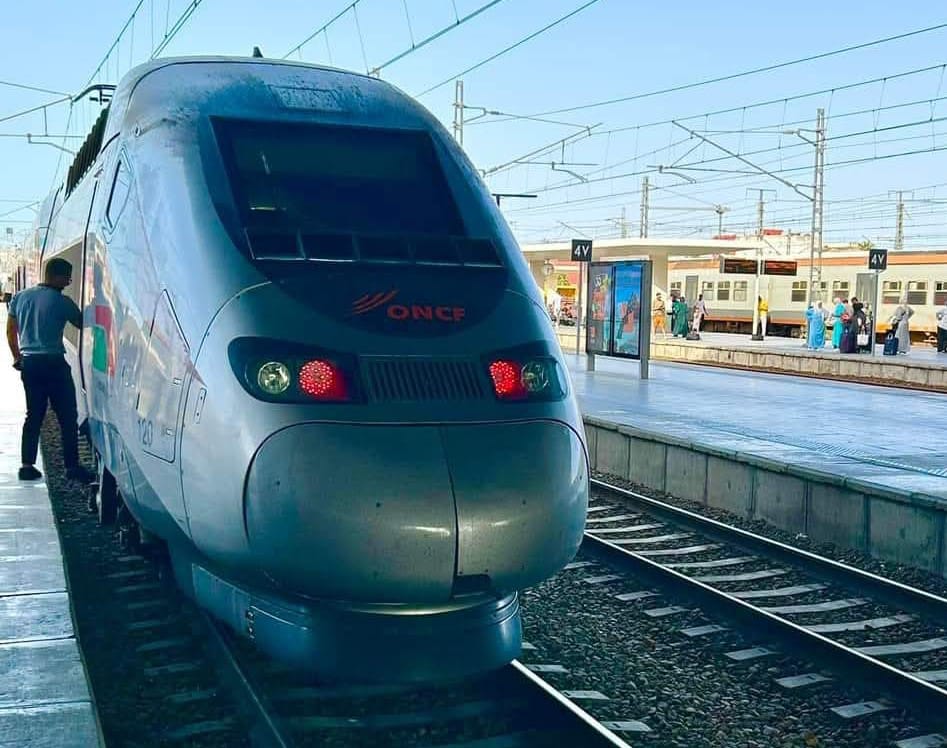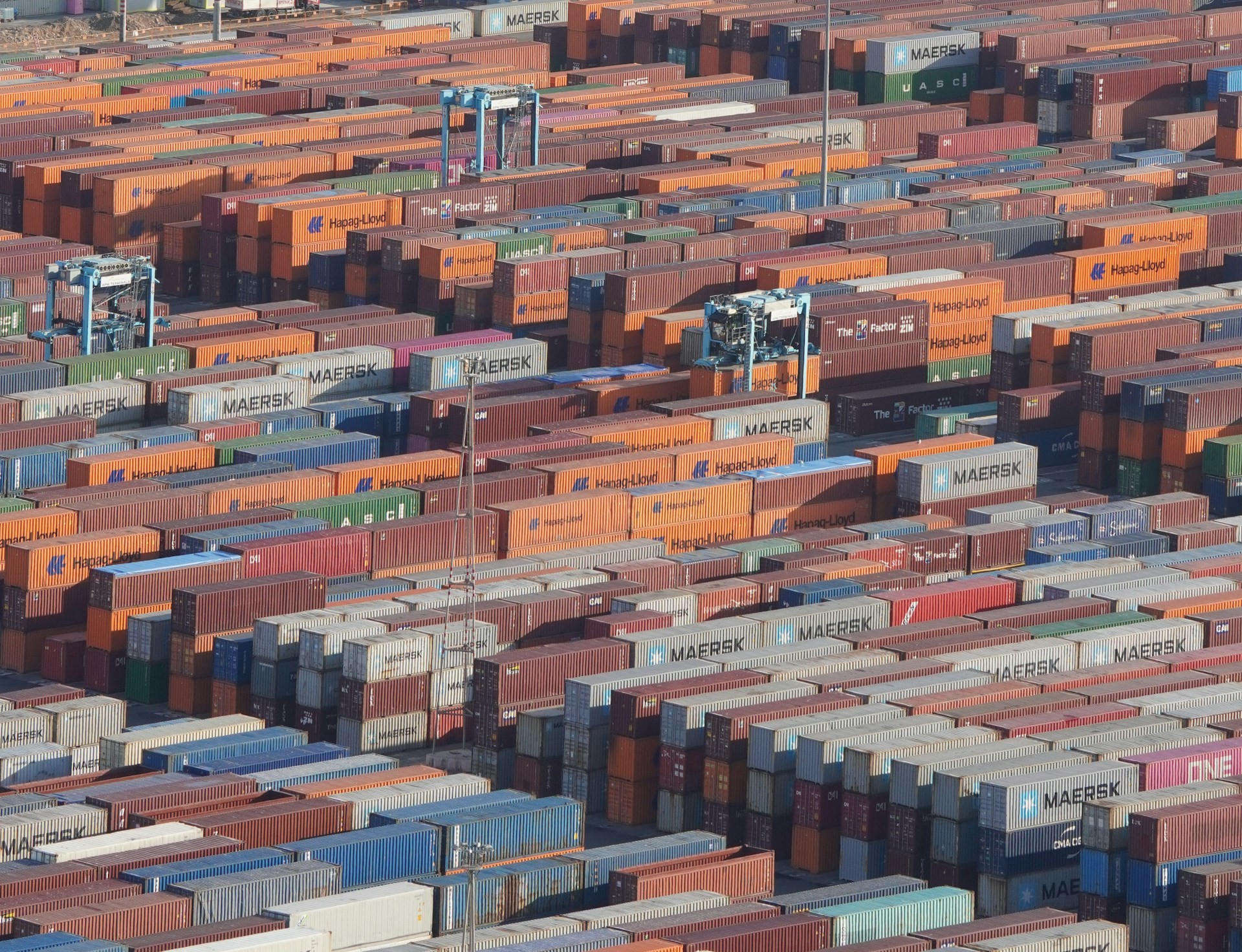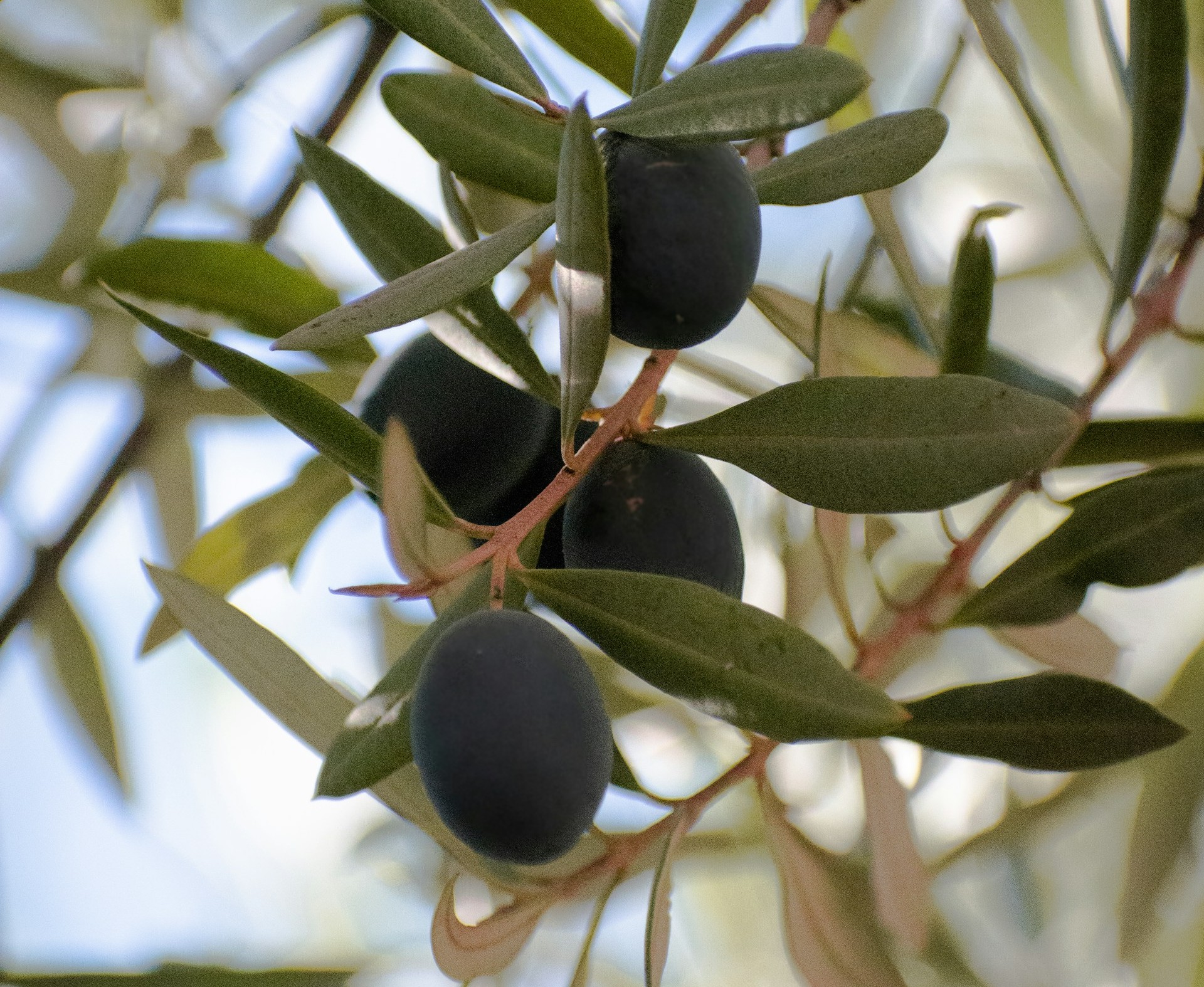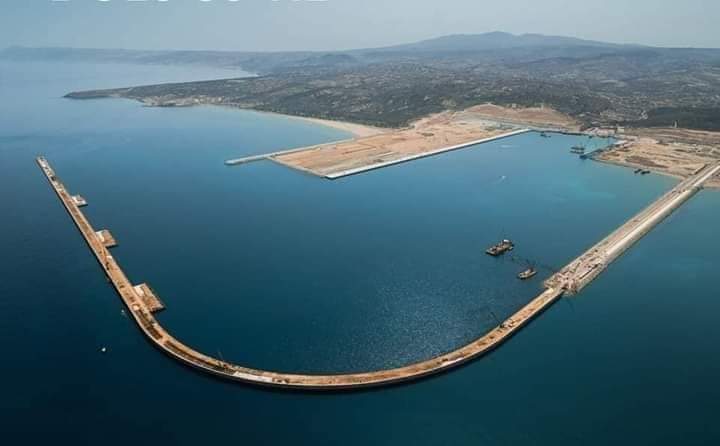Casablanca – In response to significant declines in domestic grain production, Morocco has witnessed a record surge in wheat imports in 2024, with total imports expected to reach an unprecedented 50 million quintals by year-end. This surge highlights the country’s efforts to stabilize its food supply amidst ongoing agricultural challenges.
According to industry sources, Morocco’s wheat imports from June to October 2024 totaled 5.3 million quintals, surpassing France’s exports to the kingdom, which stood at 5.1 million quintals during the same period. This increase in imports is primarily due to a substantial drop in domestic grain production, which saw a 43% decrease compared to the previous season. The national grain harvest in 2024 amounted to 31.2 million quintals, down from 55.1 million quintals in the 2022-2023 season, as reported by the Directorate of Studies and Financial Forecasts.
This decline in production is attributed to adverse weather conditions, including drought and high temperatures, which have severely affected crop yields. The United Nations Food and Agriculture Organization (FAO) had anticipated this shortfall, predicting Morocco’s wheat imports would rise by 19% to 7.5 million tons in 2024 to compensate for the domestic deficit.
Strategic stockpiling for 2025
Looking ahead to 2025, the Moroccan government has implemented proactive measures to bolster its grain reserves. A joint decision by the Ministry of Economy and Finance and the Ministry of Agriculture has introduced a fixed subsidy system for imported soft wheat, effective from January 1 to April 30, 2025. This initiative aims to support grain traders, cooperatives, and industrial mills by providing financial incentives to import soft wheat, thereby ensuring the country’s strategic stock levels remain robust.
The subsidy system, managed by the National Interprofessional Office for Cereals and Legumes (ONICL), calculates the subsidy based on the average cost price of wheat from the lowest-cost origins, including Germany, Argentina, France, and the USA. The subsidy aims to bridge the gap between import costs and a target price of $28 per quintal, thus stabilizing the market and shielding consumers from price fluctuations.
Future agricultural strategies
To further mitigate the impacts of fluctuating grain production, the Moroccan government has launched the 2024-2025 agricultural campaign with a focus on revitalizing key agricultural sectors. Specific measures include the mobilization of 1.26 million quintals of certified seeds at reduced prices to encourage the cultivation of cereals, legumes, and forage crops. Additionally, the government aims to expand the cultivation area to 5 million hectares, supported by a $1.24 billion financial package from the Crédit Agricole Group of Morocco to assist farmers.
This comprehensive approach, encompassing both immediate import strategies and long-term agricultural enhancements, reflects Morocco’s commitment to food security and agricultural sustainability in the face of ongoing environmental challenges.








